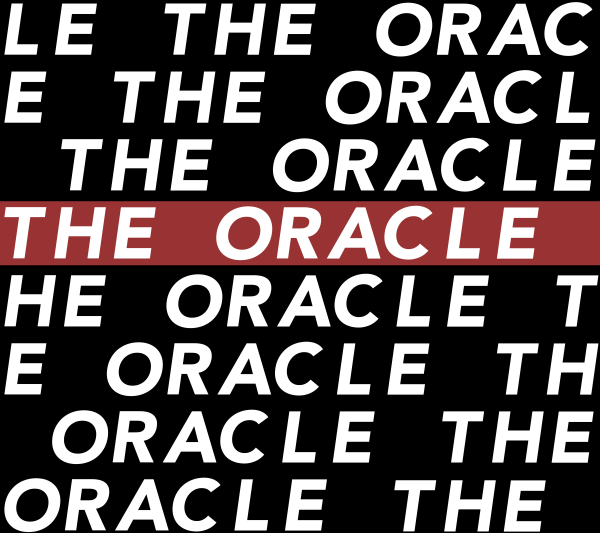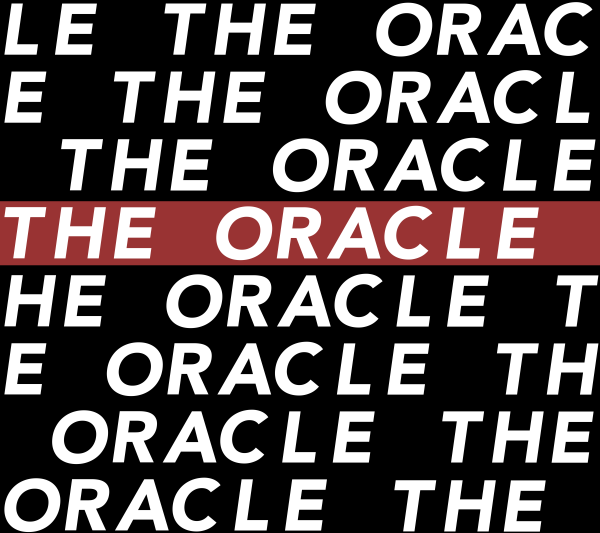Indigenous Indignance
May 4, 2014
Although Christopher Columbus indisputably sailed the ocean blue in fourteen-hundred and ninety-two, as of April 25, 2014, he no longer has a holiday named after him in Minneapolis. This resulted from a unanimous Minneapolis City Council vote to recognize the second Monday of October as “Indigenous People’s Day,” with the intent of honoring native people and cultures that have historically been squashed by European colonialism. As young idealists at a liberal arts university, we obviously find this decision pretty easy to get behind.
This news is great, but Columbus Day actually has a longer and more controversial history than one might think. The whole story began, of course, with one of history’s greatest geographical screwups. The result was one of history’s greatest misnomers (“Indians”) and centuries of genocide for the native inhabitants of the Americas. In fact, Columbus Day didn’t start purely for recognition of his “discovery” of America (besides, Vikings “discovered” it hundreds of years before he stumbled upon it, and various native civilizations have lived here for millennia). The holiday was first celebrated by Italian-Americans in New York in 1866 as a celebration of their heritage. After that, other mostly Italian-Americans lobbied for its establishment as an official holiday, beginning with statewide observance in Colorado in 1905. Eventually, it became a federal holiday in 1937 as a result of lobbying by the Knights of Columbus.
It’s still a nationally recognized holiday, but there are other places that don’t recognize Columbus Day. Hawaii, Alaska, Oregon and South Dakota do not observe the holiday; Hawaii and South Dakota instead have alternate holidays. Hawaii celebrates “Discoverer’s Day” to commemorate the discovery of their islands by native Polynesians, while South Dakota has “Native American Day.”
Although the name of the forward-thinking holiday has its origins in the 70s, the first place to specifically celebrate “Indigenous People’s Day” was Berkely, Calif. in 1992. Since then, numerous locales have adopted the holiday, with Minneapolis being the most recent. The trend is certainly nothing new, but it’s also not without controversy.
While some simply don’t see the need for a change, having been taught the importance of Columbus’ “discovery” in elementary school (read: factory for patriotic citizens), others see it as a snub to their Italian heritage. When Italian-Americans were discriminated against as foreigners and Catholics, they turned to Columbus as a hero who all Americans could support, with little thought for the oppression of native people that he sparked. Italian heritage groups like the “Order of Sons of Italy in America” still point out that Columbus Day is the only representation for Italian-Americans. And, according to MPR, following Minneapolis’ recent vote, “Council President Barbara Johnson noted that some of her Italian-American constituents are ‘somewhat offended’ by the city’s snub of the Genoa-born explorer.”
Meanwhile, St. Paul and the majority of the rest of the United States still officially recognizes Columbus Day. Now, nobody wants to “snub” Italian-Americans. But, considering the fact that they have prospered in America while the indigenous people have been systematically murdered for the last 100 years, we think it’s fair to do away with Columbus Day in favor of a more progressive celebration. After all, while Italian-Americans point out that they deserve Columbus because they make up one of the largest ethnic groups in the United States, there are currently no federal holidays recognizing Native Americans even though they used to be the only people in what is now the United States (and are now in the minority). And, really, when looking to celebrate a hero, it’s best not to pick a villain.
So, until St. Paul (and hopefully our entire state and nation) adopt Indigenous People’s Day, we’ll go ahead and continue celebrating the second Monday of October by walking into someone’s house and telling them we live there now.






